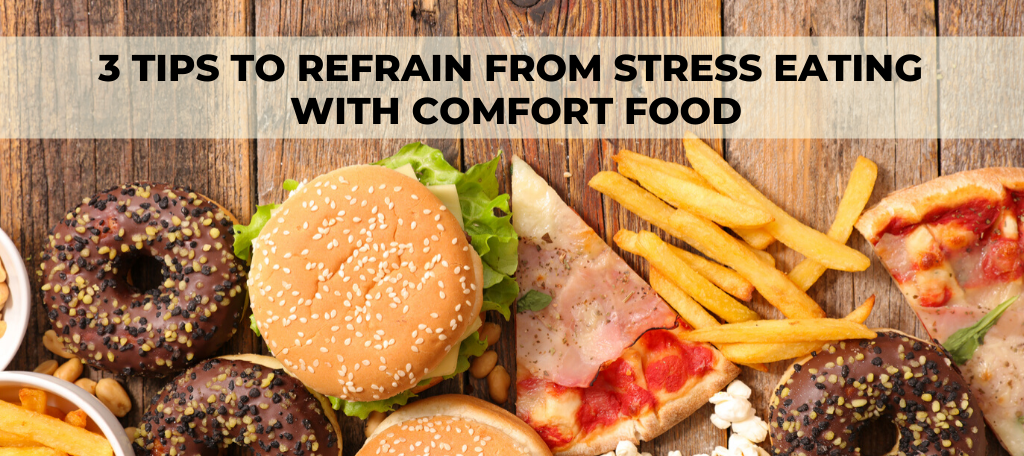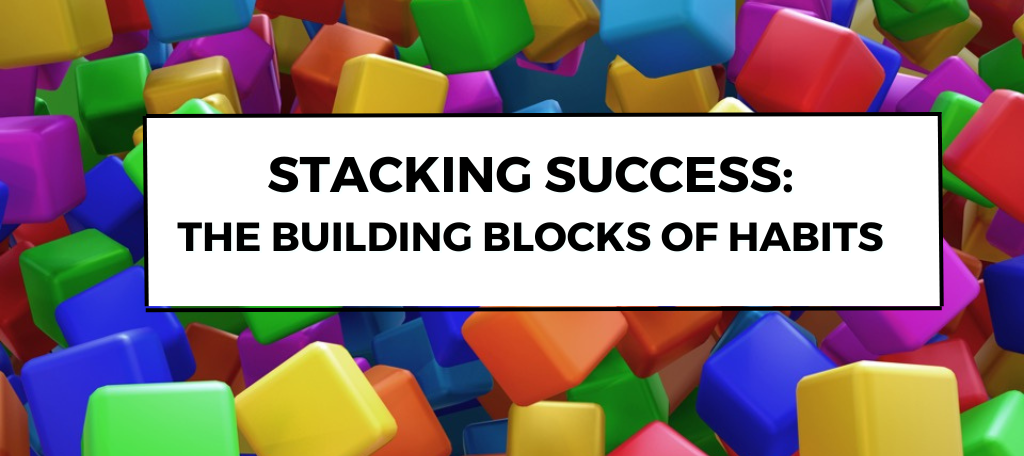The fear of not having enough food (or not wanting to deal with grocery stores) during a pandemic can trigger a hoarder response and have you stockpile as much food as possible. Are you hoarding broccoli, kale, and carrots? Likely not! We intuitively know that comfort food is so much better when we are stressed. Comfort foods are loaded with fat, salt, and sugar and hit the spot much better than a fresh salad. It does hit the spot; literally, it activates the same brain centers as heroin and cocaine. With a hit of comfort food, we do immediately feel much better. Unfortunately, we end up feeling crappy afterward, and we have more cravings, more anxiety, more unrest, and more inflammation—a very similar reaction to drug addiction.
This addiction becomes even more pronounced during stress and can easily lead to emotional or stress eating. Emotional eating occurs when we eat because of uncomfortable negative emotions rather than physical hunger cues. Eating under pressure is an avoidance-coping mechanism that we use to soothe ourselves and circumvent the unpleasant feeling. This can develop into a long-term habit.
Even with the best intentions, the struggle is magnified under chronic stress since our veto power is compromised. It takes mental focus and mental energy to say ‘no.’ This is called the inhibitory response or our veto power. Each subsequent inhibition requires more and more energy. This is why you can refrain from dessert once, but after repeatedly being asked, we cave in. We need the mental bandwidth to stay away from the cookies and chips. To make matters worse, under stress, our prefrontal cortex, the portion of the brain responsible for the inhibitory response is less activated, making it even harder to stay away from comfort foods.
Here are three tips to resist the urge to emotionally eat (note this are not easy; they will require practice and dedication):
1. Practice acceptance – if you ate one too many cookies or an entire bag of chips, acknowledge that was your mechanism to manage a distressing emotion. Accept this as a coping mechanism. You can have self-compassion and an understanding of your choices. This is vastly different than eating an entire pizza mindlessly and then beating yourself up and feeling guilty. This will only perpetuate emotional eating because now you have a new distressing emotion – guilt!
2. Expand your coping strategies – you’ll want to develop new tools to manage discomfort. Identify self-soothing activities that make you feel better, such as a nap, a walk, a hot bath, music, or a book. Sometimes, just acknowledging the uncomfortable emotion is enough to gain control over it.
3. Practice self-care- By slowing down, nourishing yourself, and getting enough sleep. You can also reach out to others to connect and get resources if you are struggling.
A great practice that you can develop now is to learn to distinguish between physical hunger and emotional hunger. When you think you are hungry, consider your thoughts, the intensity of your hunger, and where the desire is located. For instance, physical hunger is evidenced by signs of a rumbling stomach, headache, and fatigue, whereas emotional hunger is triggered by emotions such as stress or guilt. Also, physical hunger grows gradually between meals, whereas emotional hunger is a quick and intense urge. Lastly, physical hunger will produce thoughts for foods that are filling and satisfying. Emotional hunger will have you craving specific foods. Use the apple test. When considering eating an apple, if your physically hungry, this will seem satisfying, which isn’t the case when you are emotionally hungry. Now you’ll have some tools to gain awareness of stress eating and ultimately make better choices to deal with uncomfortable emotions.




